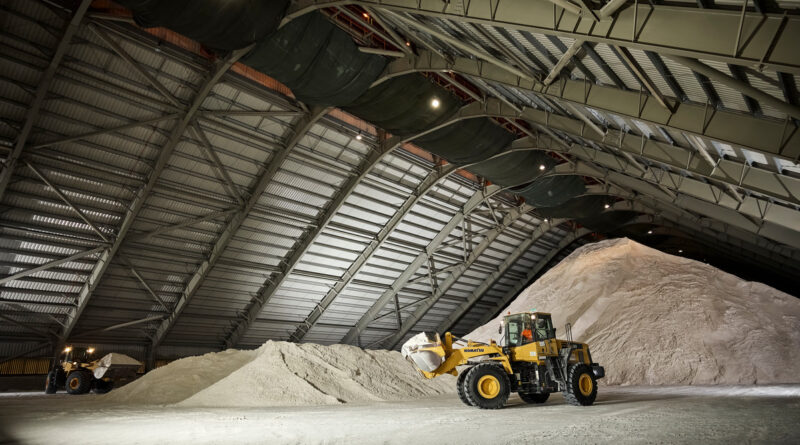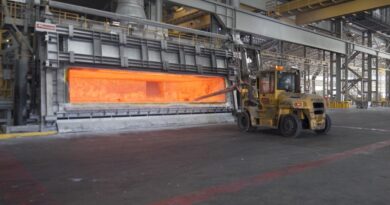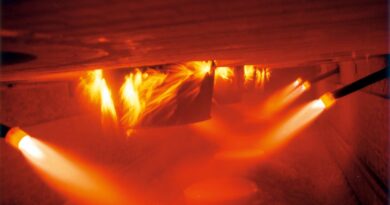Will India replace China as main producer of alumina?
It is evident that the refractory market in Asia will continue its steady growth mainly due to continuous need for steel. China has always been a growth driver, but this is changing and India is becoming the growth area for steel production.
The South East Asia market is also very interesting for growth prospects in the future years, and as supply is available from India, this may compete strongly with Chinese supplies in that region.
Following the Covid-19 pandemic, there was a significant raw material supply crisis, severe logistic congestions and a paradigm shift in the global philosophy of supply chain management.
This question closely relates to our outlook for the next five years, as many markets were strongly dependent on Chinese supplies. Regionalisation of material supply must now be embedded in all industries’ strategic decision-making processes.
Normalisation in the global economy and geopolitical conflicts may eventually slow down the momentum, but the phenomenon is not likely to disappear in a foreseeable future. Decreased reliance on specific regions or countries for raw material sourcing is now a necessity, as history will inevitably repeat itself (again).
In 2022, India was the world’s 2nd largest steel producing country after China, with 125bn tonnes output “China has always been a growth driver, but this is changing and India is becoming the growth area for steel production.”
We have seen that India is taking a big leap forward, which will result in a larger market growth and increase refractory material demand. Much of the growth in the region must have certificates to the “Make in India” initiative, thus encouraging full domestic supply chains.
The tabular alumina plant in Falta is Almatis’ response to this call, and it is fully equipped to meeting the increasing demands, as well as contributing to the development of the Indian economy and customers in the region.
Almatis believes that our global footprint is our strength. We have established operations in critical regions that are ready and able to supply customers with short lead times.
Our global operational footprint allowed us to deliver quality alumina products throughout the global crisis and will continue to allow reliable supply of material anywhere, anytime, every time, no matter what new challenges are faced in the industry.




